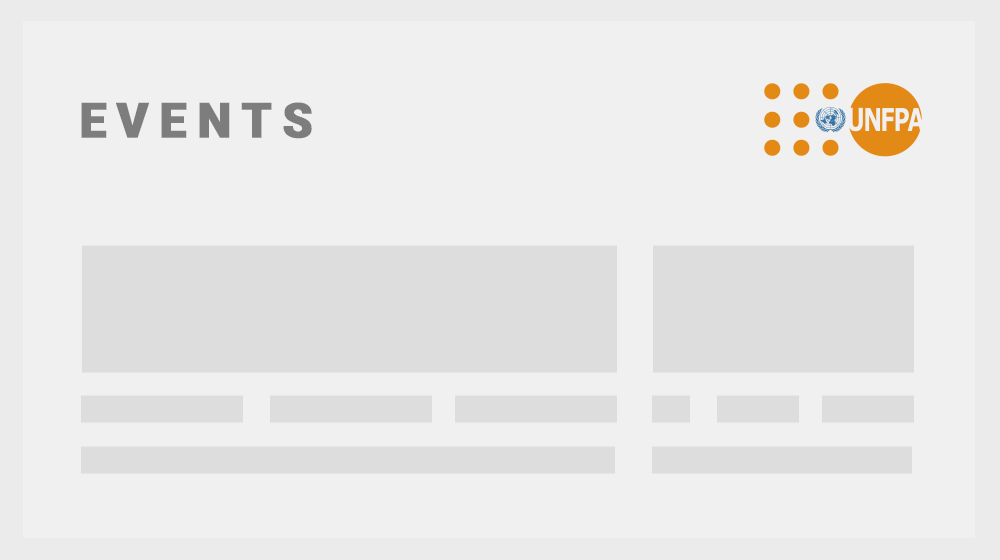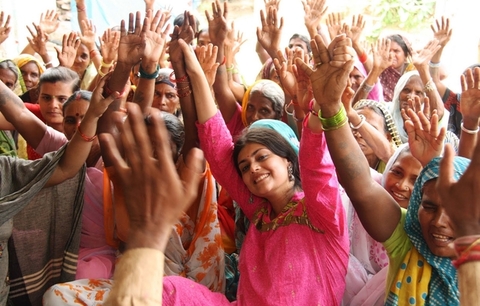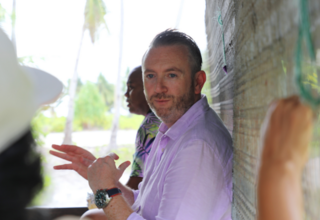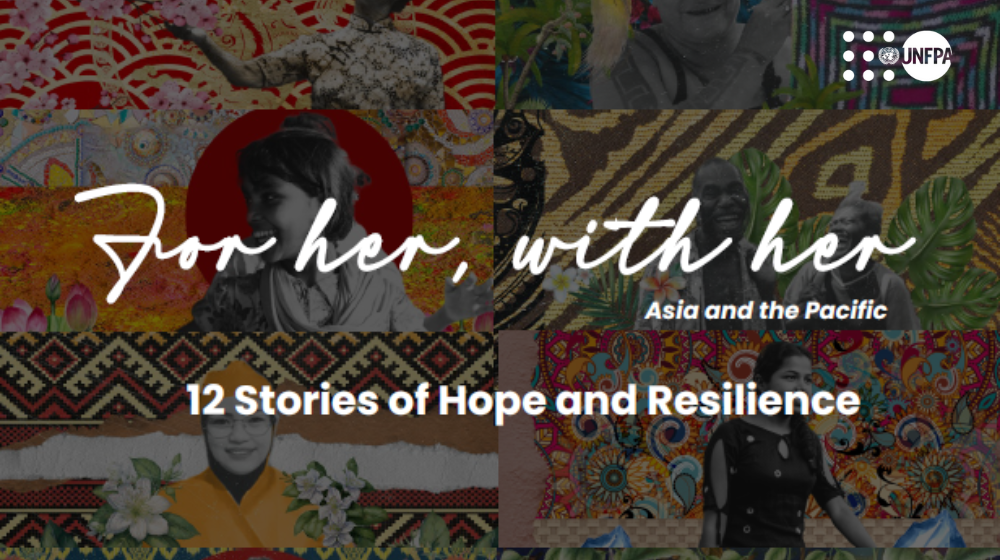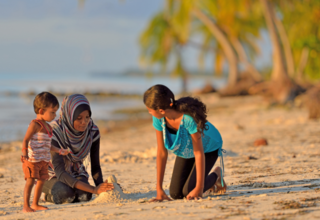From 25 November, the International Day for the Elimination of Violence against Women, to 10 December, International Human Rights Day, each year the 16 days of activism against gender-based violence campaign drives action to help end violence against women and girls around the world. This year, UNFPA Asia-Pacific and the kNOwVAWdata project will launch the #16Days of #VAWdata (data on violence against women). Throughout the 16 days UNFPA highlighted key data on violence against women from across Asia and the Pacific in the form of infographics, stories and videos.
UN Secretary-General's message for the International Day to end violence against women and girls
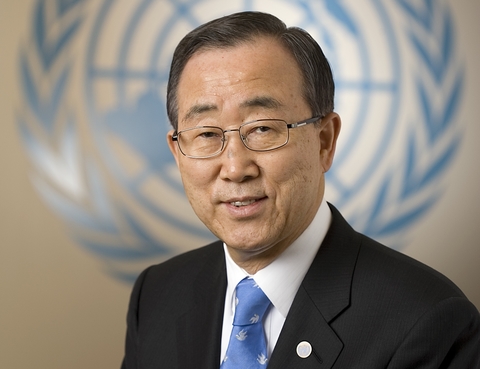
At long last, there is growing global recognition that violence against women and girls is a human rights violation, public health pandemic and serious obstacle to sustainable development. Yet there is still much more we can and must do to turn this awareness into meaningful prevention and response. See more here.
Empowering women and girls requires new efforts to end violence and harmful practices
Violence against women – a heartbreak in Myanmar
What is their hate about?
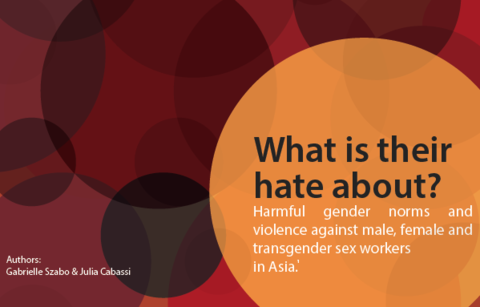
Sex workers experience extreme violence – at work, in prison and police stations, in their neighbourhoods and in their homes, from family members, police, clients, intimate partners and strangers. This violence is gender-based. Male, female and transgender sex workers are targeted because they challenge traditional gender norms and are denied fundamental human rights – to equal protection under the law, protection from cruel, inhuman and degrading treatment, and to the highest attainable standard of health. - See more here.
Stay up-to-date with the #16Days of #VAWdata
Follow UNFPA on Twitter, Instagram and Facebook
Follow kNOwVAWdata on Twitter and Facebook
More information on the Violence against Women data initiative:
